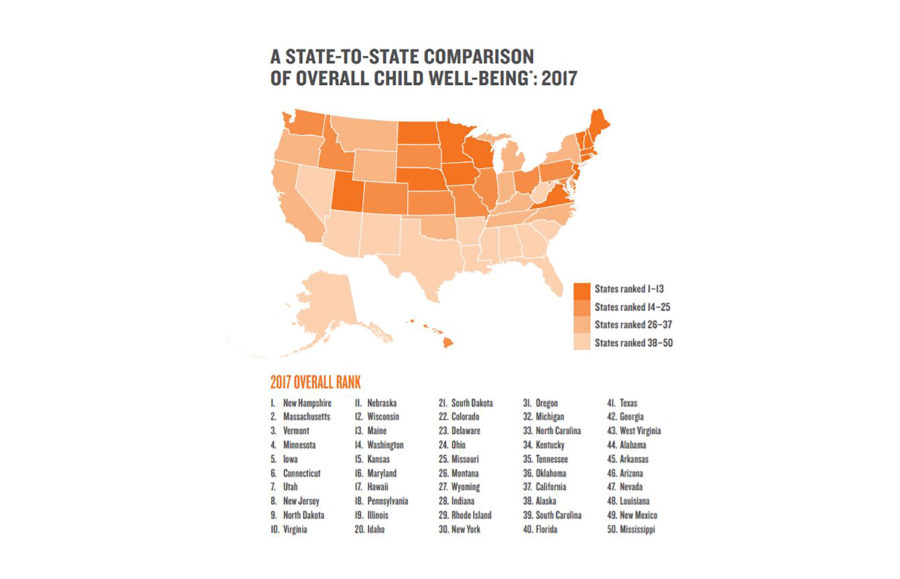Earlier this year, lawyers asked a federal judge to remove Mississippi’s control from the state’s foster care system. The state has been extended multiple deadlines regarding changes that need to be made to the system. Each time the state has failed to make those changes.
Currently Mississippi’s foster care system is ranked last in the United States. This could be partially due to the fact that the state has the highest percent of children in homes that earn poverty level income. As a whole, Mississippi has the highest poverty rate with a total of 20.8 percent falling below the poverty line. Mississippi also has the second highest number of children in single parent families, the second highest child food insecurity rate and the second highest infant mortality rate.
According to News Mississippi, there were 6,094 children in the foster care system in April of 2017. As of May 2018, there remained 5,403 children in state custody. These children could be placed in foster care due to abuse, neglect, parental incarceration, abandonment or even voluntary placement. While the number of children in the foster care system fluctuates, the system is widely understaffed and underfunded.
In an attempt to salvage the foster care system, the state has been in the process of separating the Department of Child Protective Services from Human Services in recent years. The split is the best solution lawmakers could devise in order to route more money and resources into DCPS itself. At the start of 2017, DCPS was able to hire 478 additional social and case workers. However, the ratio of cases to workers still remains too high. At times, as many as 40 cases are assigned to one employee. This high ratio can also cause low quality service for the children in the system.
The safety and well-being of the children of Mississippi should be at the utmost importance to legislators. While there are many issues funneling through the state’s congress, the condition of DCPS should take precedent. This is not just another money issue; it can be the difference between life and death or, if nothing else, quality of life. Foster care is meant to serve and protect the state’s youngest citizens who are in danger.
It is also the job of Mississippi residents with a safe, stable and financially secure environment to open their homes to those who need it. Kids should be able to be kids. That means they should not have to worry about where they are going to sleep or where the next meal is coming from. While Mississippi is considered the poorest state, it is also considered to be the most hospitable. The question remains: How is that reputation being upheld when it comes to our own children?






















